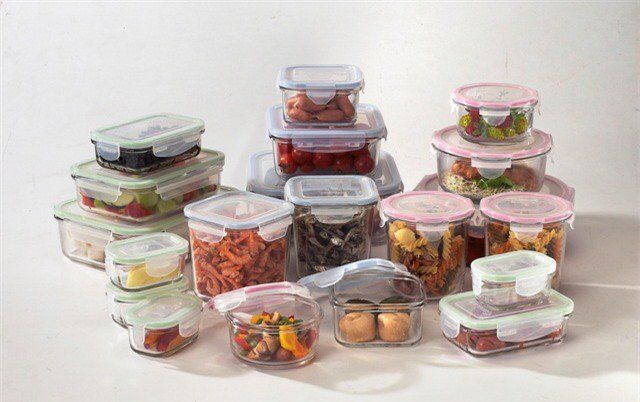There are a variety of glass kitchenware options available on the market, including bowls, pots, and storage containers. Glassware offers several advantages such as aesthetic appeal, ease of cleaning, and resistance to absorbing odors.
Additionally, glassware is heat-resistant, making it suitable for ovens and microwaves without the risk of warping or breaking. It is also considered a healthy option as it does not oxidize.
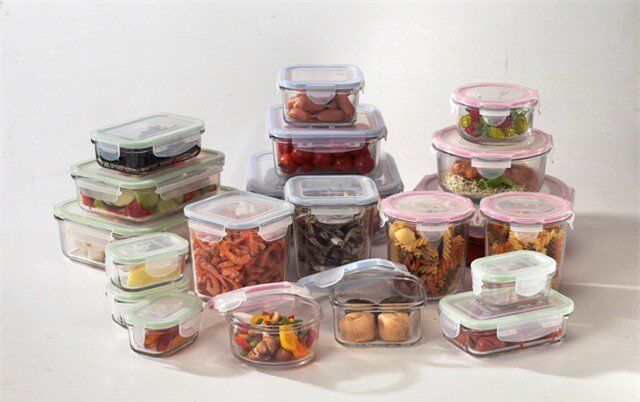
However, many people are opting to use less glassware for food storage due to discovering its disadvantages.
1. Drawbacks of Glassware
– Prone to Breaking
Glass is fragile and susceptible to breaking when dropped or subjected to strong impacts. Sudden temperature changes can also cause it to expand rapidly, leading to cracking or shattering.
Broken glass can be dangerous, leaving sharp fragments that pose a risk to users. As a result, handling glassware requires extra care, which inadvertently adds pressure to the user.
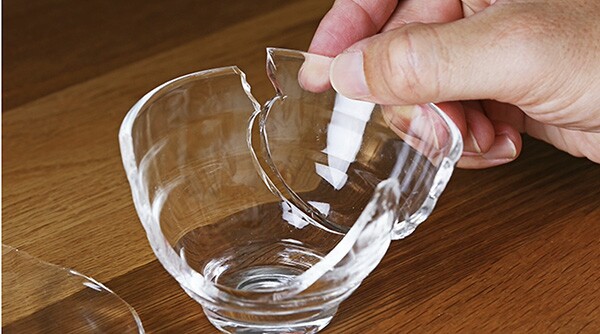
– Heavy Weight
While glass cups are typically of average weight, other items like bowls, pots, and containers can be significantly heavier compared to their plastic or stainless steel counterparts.
This weight disadvantage has led many people to include glassware on their “blacklist.”
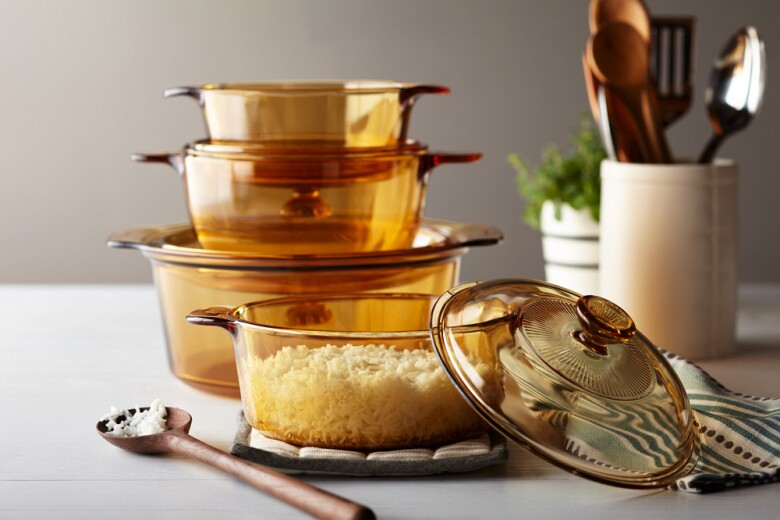
– High Price Point
Glassware tends to be more expensive than other options due to the complexity of production and its superior qualities when compared to stainless steel or plastic.
– Less Eco-Friendly
Research indicates that glassware poses four times the environmental hazard compared to plastic. However, this risk is not associated with usage or post-usage but with the manufacturing process.
The complex molecular structure of glass requires a substantial amount of minerals and chemicals to synthesize, which can be highly detrimental to the ecological environment. Additionally, the production process releases a significant amount of toxic gases.
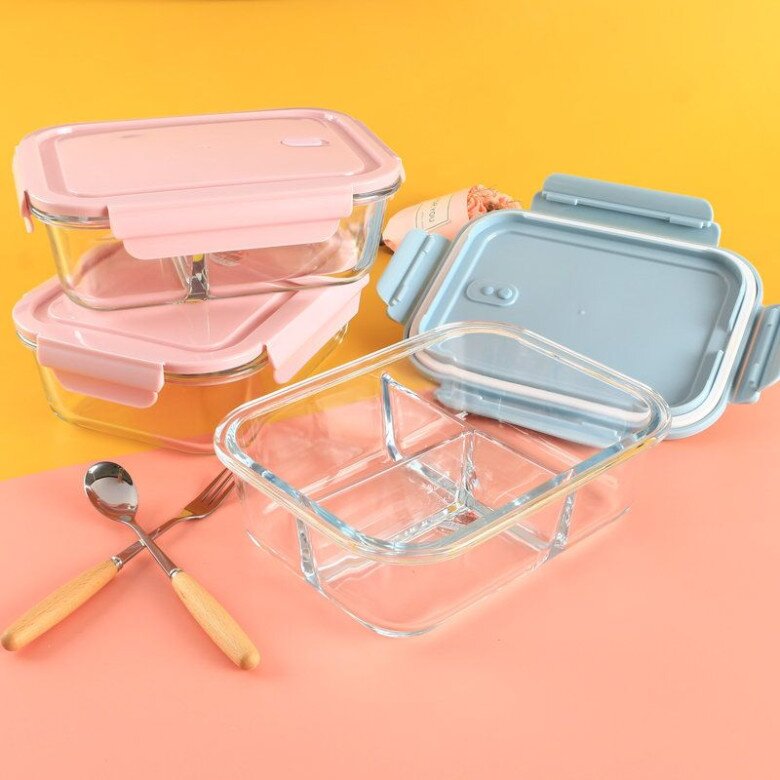
2. Tips for Prolonging the Life of Glassware
Despite its shortcomings, glassware remains a popular choice among consumers. To enhance the durability and longevity of glassware, consider the following tips:
– Sterilize new glassware by placing it in a pot of cold water with a pinch of salt. Bring the water to a boil and then allow it to cool. Afterward, wash the glassware with water and dry it thoroughly.
– Avoid subjecting glassware to thermal shock, such as pouring cold water into a container that previously held hot water. Similarly, refrain from placing glassware with hot food directly into the refrigerator.
– Use soft, smooth sponges to wash glassware instead of metal scrubbers, which can leave scratches. Opt for natural cleaning solutions like lemon or vinegar, or professional cleaning agents to effectively clean glassware.
– Avoid using a dishwasher as glassware may collide with other items, causing scratches or a cloudy film to form on the surface.
– Upside-down glassware to allow complete water drainage, preventing water spots and maintaining clarity.
– When using glassware to store strong-smelling foods like fish or coffee, wash them promptly after use to prevent odors from lingering.
























